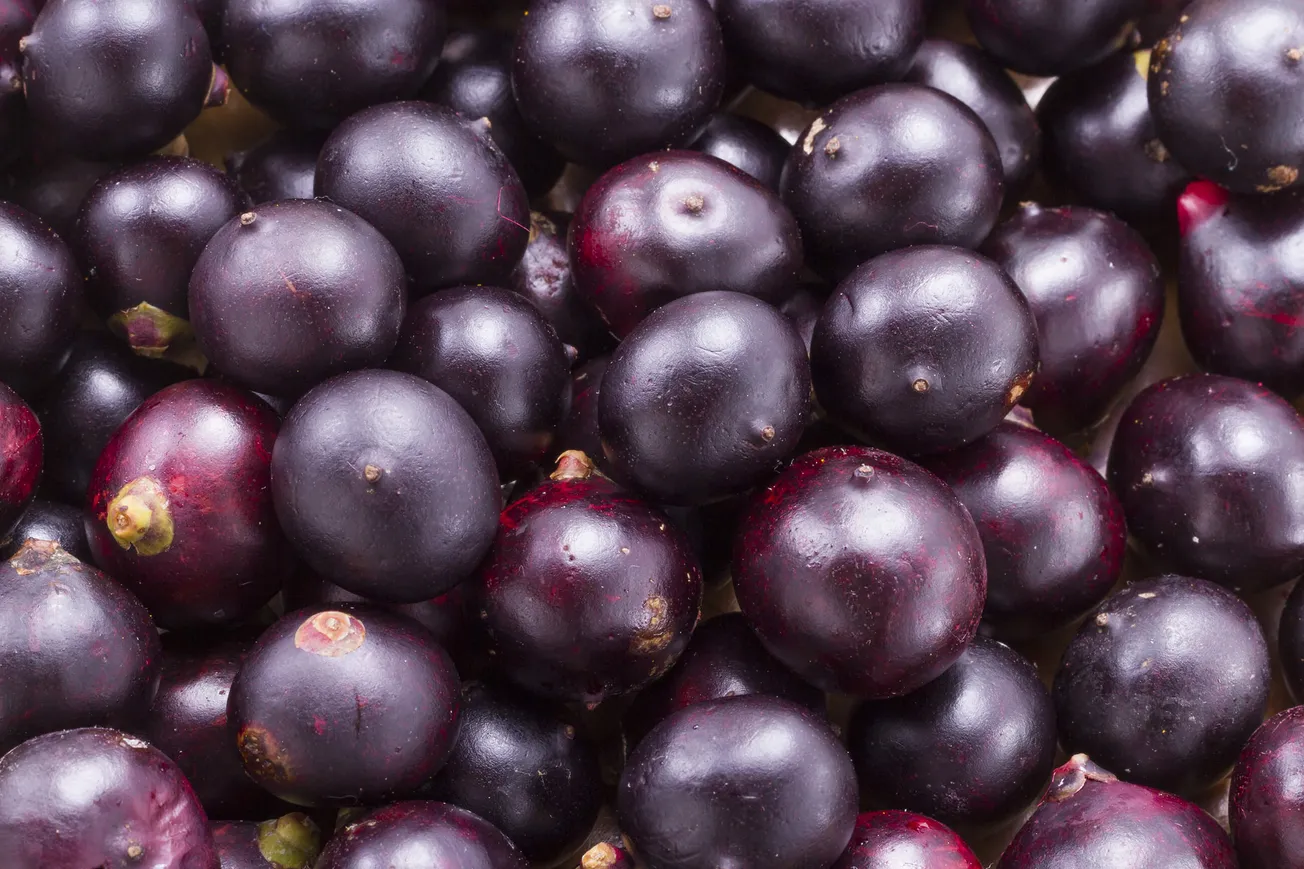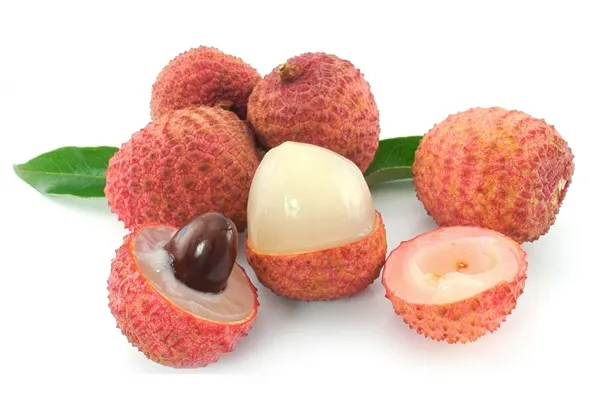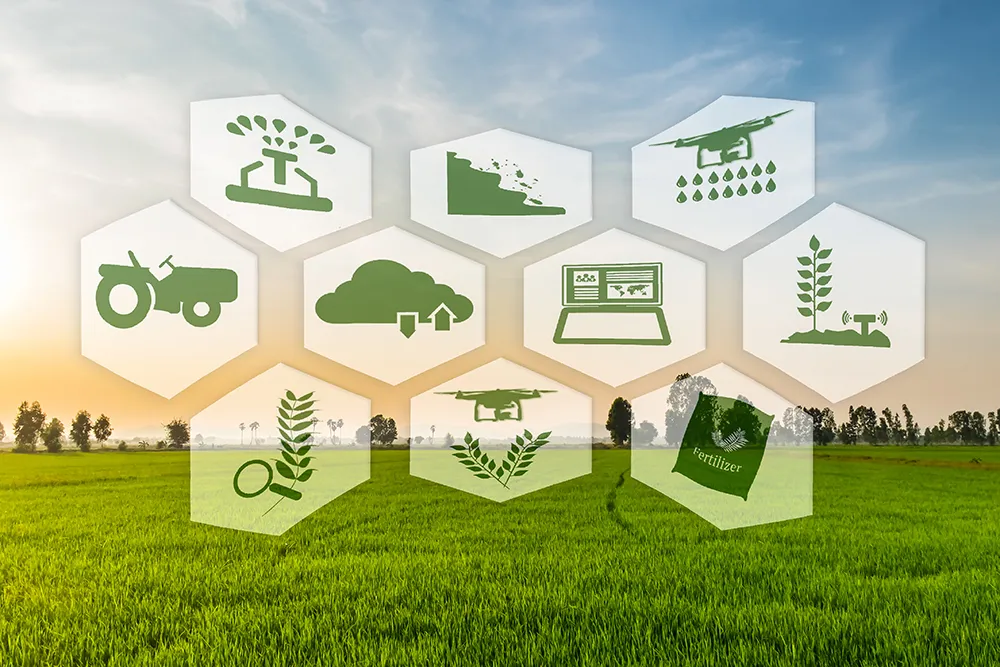
Açai Berries
Known for their rich antioxidant content, healthy fats, and low sugar levels, açaí berries are superfood. Their deep, earthy flavor—often described as a mix of berries and dark chocolate—makes them both nutritious and delicious.
Food Pulse positions itself as more than just another meal planning app – it's a comprehensive kitchen intelligence platform that transforms how households manage food from purchase to consumption.

Known for their rich antioxidant content, healthy fats, and low sugar levels, açaí berries are superfood. Their deep, earthy flavor—often described as a mix of berries and dark chocolate—makes them both nutritious and delicious.

The serviceberry represents nutrition, sustainability, and cultural heritage. As consumer interest in native foods and superfruits continues to grow, serviceberries are positioned to emerge from relative obscurity to become a significant player in the specialty fruit market.

Mulberries represent a remarkable convergence of ancient wisdom and modern nutritional science. These versatile fruits, with their exceptional health benefits, unique flavors, and cultural significance, are well-positioned for significant growth in global markets.

Currants pack an extraordinary nutritional punch and offer flavors. Red and black currants represent unique opportunities in the global fruit market, combining exceptional nutritional benefits with distinctive flavors that set them apart from mainstream berries.

Whether enjoyed fresh from the vine, incorporated into gourmet desserts, or processed into artisanal products, boysenberries offer consumers a distinctive taste experience backed by solid nutritional credentials.

Lingonberries represent a remarkable example of how traditional foods can find new relevance in modern markets. Their exceptional nutritional profile, unique flavor, and cultural significance in northern regions have positioned them as both a superfood and a gourmet ingredient.

The gooseberry industry's future likely lies in continued focus on specialty markets, value-added processing, and direct marketing strategies that emphasize the fruit's unique qualities and health benefits.

Unlike tropical fruits such as lychees, which face significant challenges from changing precipitation patterns and temperature extremes, cranberries may actually benefit from some aspects of climate change in certain regions.

The future of golden berry production faces both opportunities and challenges. Climate change presents risks to traditional growing regions, with shifting temperature and precipitation patterns potentially affecting yield and quality.

Blackberries represent a remarkable intersection of nutrition, flavor, and agricultural adaptability. From wild hedgerows to commercial operations, these dark jewels continue capturing human appreciation through their complex flavors and impressive health benefits.


The litchi stands as a testament to nature's ability to create fruits that combine exceptional flavor, nutritional value, and cultural significance. From its ancient origins in China to its current status as a globally traded commodity worth billions of dollars.

The agricultural technology revolution represents humanity's response to one of its greatest challenges: feeding a growing population sustainably while preserving the natural systems that support all life. From AI-powered robots that harvest crops with unprecedented precision to CRISPR techniques

As we look toward the future, the challenge of global hunger remains daunting. Acute food insecurity is set to increase in both magnitude and severity across 22 countries and territories, suggesting that international humanitarian response will remain crucial for years to come.

Freeze drying represents a convergence of advanced food science, engineering precision, and practical necessity. From enabling space exploration to addressing global hunger, this technology continues to expand human capabilities and improve quality of life across diverse applications.

Ultimately, addressing the Kerala paradox means recognizing that sustainable health improvements will come not just through better medical care but through the revitalization of traditional wisdom regarding food, activity, and moderation – adapted for the realities of modern Malayalee life